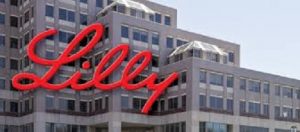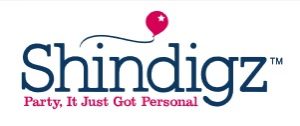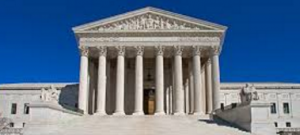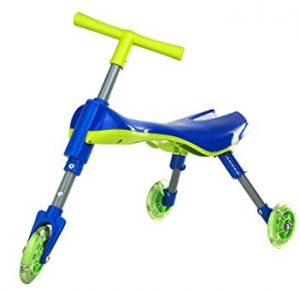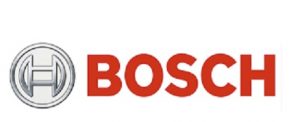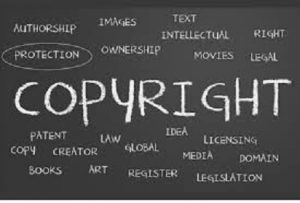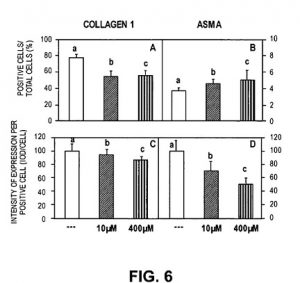How do I register my copyright?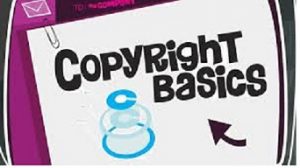
To register a work, submit a completed application form, and a nonreturnable copy or copies of the work to be registered to the U.S. Copyright Office. See Circular 1, Copyright Basics, section “Registration Procedures., and Circular 4, Copyright Office Fees”.
Where can I get application forms?
See SL-35.
Can I file online?
Yes. The Copyright Office offers online registration through its electronic Copyright Office (eCO). See SL-35.
What is the registration fee?
See Circular 4, Copyright Fees.
Do I have to send in my work? Do I get it back?
You must send the required copy or copies of the work to be registered. Your copies will not be returned. If you register online using eCO eService, you may attach an electronic copy of your deposit. However, even if you register online, if the Library of Congress requires a hard-copy deposit of your work, you must send what the Library defines as the “best edition” of your work. For further information, see Circular 7b, Best Edition of Published Copyrighted Works for the Collection of the Library of Congress, and Circular 7d, Mandatory Deposit of Copies or Phonorecords for the Library of Congress. Upon their deposit in the Copyright Office, under sections 407 and 408 of the copyright law, all copies and identifying material, including those deposited in connection with claims that have been refused registration, are the property of the U.S. government.
Will my deposit be damaged by security measures in place on Capitol Hill?
To avoid damage to your hard-copy deposit caused by necessary security measures, package the following items in boxes rather than envelopes for mailing to the Copyright Office:
- electronic media such as audiocassettes, videocassettes, CDs, and DVDs
- microform
- photographs
- slick advertisements, color photocopies, and other print items
May I register more than one work on the same application? Where do I list the titles?
You may register unpublished works as a collection on one application with one title for the entire collection if certain conditions are met. It is not necessary to list the individual titles in your collection. Published works may only be registered as a collection if they were actually first published as a collection and if other requirements have been met. See Circular 1, Copyright Basics, section “Registration Procedures.”
Do I have to use my real name on the form? Can I use a stage name or a pen name?
There is no legal requirement that the author be identified by his or her real name on the application form. For further information, see FL 101, Pseudonyms. If filing under a fictitious name, check the “Pseudonymous” box when giving information about the authors.
Will my personal information be available to the public?
Yes. Please be aware that when you register your claim to a copyright in a work with the U.S. Copyright Office, you are making a public record. All the information you provide on your copyright registration is available to the public and will be available on the Internet.
How long does the registration process take, and when will I receive my certificate?
The time the Copyright Office requires to process an application varies, depending on the number of applications the Office is receiving and clearing at the time of submission and the extent of questions associated with the application. Current Processing Times
Can I submit my manuscript on a computer disk?
No. Floppy disks and other removal media such as Zip disks, except for CD-ROMs, are not acceptable. Therefore, the Copyright Office still generally requires a printed copy or audio recording of the work for deposit. However, if you register online using eCO eService, you may attach an electronic copy of your deposit. However, even if you register online, if the Library of Congress requires a hard-copy deposit of your work, you must send what the Library defines as the “best edition” of your work. For further information, see Circular 7b, Best Edition of Published Copyrighted Works for the Collection of the Library of Congress, and Circular 7d, Mandatory Deposit of Copies or Phonorecords for the Library of Congress.
Continue reading




